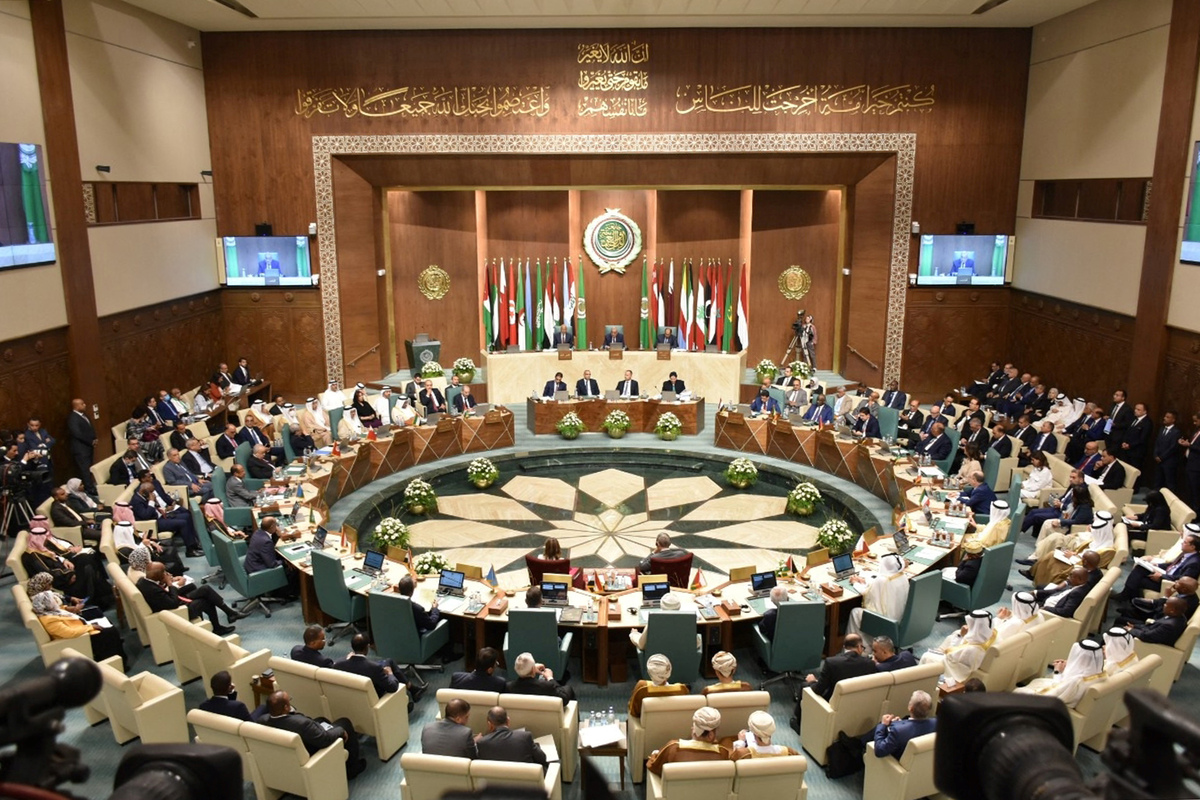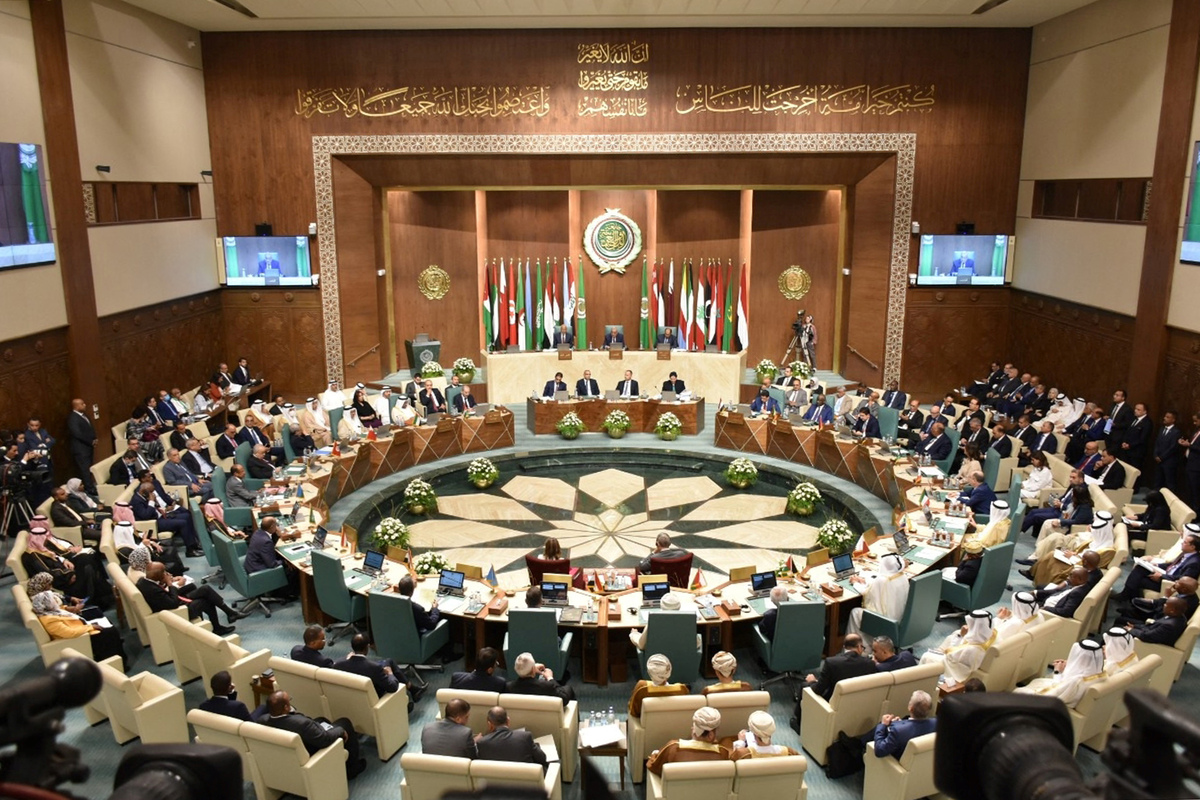The next Arab League Summit is due to be held in Algeria at the beginning of November. Arab foreign ministers agreed on the date at their last meeting in Cairo following the postponement of the summit in March. There has also been talk of another postponement for reasons related to the likelihood of the summit’s success or failure.
Algeria is confident that it will indeed be hosting the summit in which it is investing a lot so that the legitimacy of the country’s leadership can be boosted regionally and internationally. Such legitimacy has been eroding for decades.
Questions are being asked about what can be expected from the summit: about what is possible and what is desired. A lot depends on the hosts, as well as the relations between the Arab states.
There has been a lot of talk about the extent to which Algeria is able to host the summit because it has witnessed a wave of social unrest since 2019, expressed by a strong and peaceful civil society. Had it not been for the global pandemic this would have had serious consequences. Moreover, Algeria has lost its regional and international strength since the riots of October 1988, and the events that followed, including the civil war during the “Black Decade” of the nineties.
OPINION: Lebanon’s election with a taste of crisis
In the aftermath, Algeria came out as a weak state, unable to rebuild itself. Most dangerous of all, its situation was no longer fundamentally different from many Arab countries that have since gone through a similar experience: Iraq, Syria, Libya and Yemen, for example.
The regime in Algiers is not exactly in harmony with all Arab countries. The negative effects of the aforementioned events led to the decline of Algeria’s position and the loss of its influence and power, especially as new discourses developed and became effective in Arab-Arab relations. A new geopolitical map has also emerged in the Arab region, in which the traditional powers — Iraq and Syria — do not have any prominent role. New centres of power and influence have emerged over the past two decades, in particular the Gulf States, as well as Morocco and Egypt.
Some very important Arab issues need to be on the agenda at the summit, including Palestine, the Syrian crisis, the situation in Iraq and Libya, and the future for peace in Yemen. The challenges facing Tunisia in terms of the politics, the economy and security, should also be considered, as should the regional tensions involving complex international equations. Such tensions are likely to get worse if the desire for peace does not overcome the rush to war.
Realistically, it is unlikely that the Algeria summit will have any meaningful or effective role in the aforementioned Arab issues, for no other reason than that there is no obvious collective will to resolve regional problems with positive and balanced solutions. Furthermore, the Arab League has been unable to formulate balanced solutions to the crises since they broke out, despite having decades in some cases — Iraq, for example — to do so. The organisation is unlikely to be able to achieve anything at a summit where potential participants are already swinging between accepting invitations to attend, hesitating or, worse, calling for another postponement.
To be honest, each and every file will probably return from Algeria still pending, despite them being able to make this a historic summit if solutions were able to be found and implemented. There is clearly a lack of advance preparation and some of those affected directly by the issues are not in any position to help: the Palestinians, for example, remain divided politically; Iraq is unable to convince anyone to support unity within the country; and Syria has still not returned to the fold of the Arab League. The war in Yemen, of course, remains ongoing with little hope for a cessation of hostilities, and Libya’s warring parties have not been reconciled for the sake of their homeland.
The picture we have of the Arab countries in the run-up to the summit is one of everyone against everyone else across the region, especially with regard to the issues in question. Hence, the Arab Summit in Algeria looks set to be another talking shop, with declarations of intentions and desires, but little else.
READ: Many states want Syria back in the Arab League, official says
This article first appeared in Arabic in Arabi21 on 19 September 2022
The views expressed in this article belong to the author and do not necessarily reflect the editorial policy of Middle East Monitor.
 RSS Feed
RSS Feed















 September 22nd, 2022
September 22nd, 2022  Awake Goy
Awake Goy 

 Posted in
Posted in  Tags:
Tags: 













